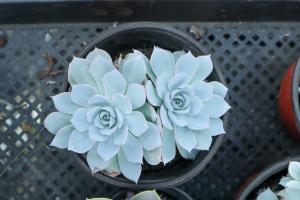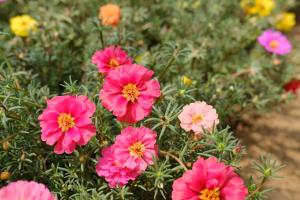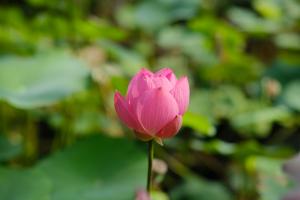Introduction
As we all know, plants are highly complex organisms that have evolved over millions of years. One of the most important features of plants is their cell wall, which serves as a protective barrier around the cell and also helps maintain the structural integrity of the plant. In this article, we will explore the major component of the plant cell wall and its importance.
What is the Plant Cell Wall?
The plant cell wall is a rigid, protective layer that surrounds the cell membrane of plant cells. The cell wall is composed of a complex mixture of polysaccharides, proteins, and lignin. The primary function of the cell wall is to provide structural support to the cell and to protect it from external factors such as pathogens and environmental stresses.
Major Component of the Plant Cell Wall
The major component of the plant cell wall is cellulose. Cellulose is a complex polysaccharide that is composed of glucose units arranged in a linear chain. These chains are then linked together to form long, strong fibers that are intertwined to create a three-dimensional network.
The cellulose fibers provide the necessary strength and rigidity to the cell wall, making it an essential component of plant cells. In addition to cellulose, the plant cell wall also contains hemicellulose, pectin, and lignin. Hemicellulose and pectin are both complex polysaccharides that are responsible for the elasticity and flexibility of the cell wall. Lignin, on the other hand, is a complex polymer that provides additional strength and rigidity to the cell wall.
Importance of the Plant Cell Wall
The plant cell wall plays a crucial role in many aspects of plant physiology. It provides structural support to the cell and helps maintain the shape and size of the plant. The cell wall also plays a role in regulating the movement of water and nutrients within the plant. The cell wall is also important in protecting the cell from environmental stresses such as drought, extreme temperatures, and pathogens.
In addition to its structural and protective functions, the plant cell wall is also important in plant growth and development. The cell wall controls cell expansion and differentiation, which is essential for the growth and development of the plant. The cell wall also plays a role in cell-to-cell communication and signaling.
Conclusion
In conclusion, the plant cell wall is a complex structure that plays a crucial role in plant growth, development, and survival. The major component of the plant cell wall is cellulose, which provides the necessary strength and rigidity to the wall. The cell wall also contains other complex polysaccharides and lignin that contribute to its elasticity, flexibility, and strength. The importance of the plant cell wall cannot be understated, as it is essential for the survival and success of plants.

 how many times do yo...
how many times do yo... how many planted tre...
how many planted tre... how many pine trees ...
how many pine trees ... how many pecan trees...
how many pecan trees... how many plants comp...
how many plants comp... how many plants can ...
how many plants can ... how many plants and ...
how many plants and ... how many pepper plan...
how many pepper plan...





























